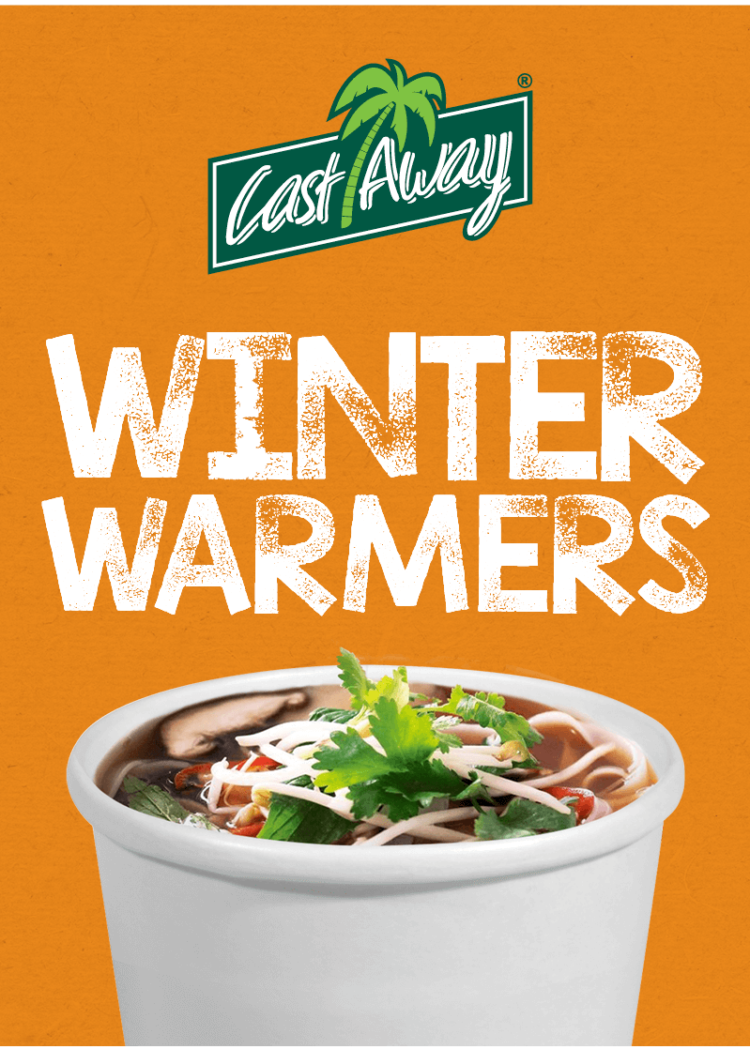| Governments are continuing to ramp up policy and regulation on single-use plastics. At the national level, governments have made their expectations clear with the Environment Ministers Meeting listing eight priority plastic items to be phased out nationally by 2025, and the National Plastics Plan setting ambitious time frames for the phase out of some items by 2022.
Three states and territories have legislated bans on some single-use plastics and others are set to follow, while the City of Hobart’s bylaw banning some single use plastics comes into effect 1 July 2021.

 South Australia’s was the first state to ban on single-use plastics. Legislation passed in 2020 with a staged ban commencing 1 March 2021, to be completed 1 March 2022. Products included in the ban: South Australia’s was the first state to ban on single-use plastics. Legislation passed in 2020 with a staged ban commencing 1 March 2021, to be completed 1 March 2022. Products included in the ban:
- 1 March 2021: Plastic straws, stirrers and cutlery, as well as problematic bioplastic versions of these items.
- 1 March 2022: Expanded polystyrene (EPS) foodservice items (cups, bowls, plates and containers) and all oxo-degradable products
Sources:
 Hobart City Council was the first council to pass legislation to ban single-use plastics at takeaway food retailers in March 2020. The City now has a by-law that bans single-use plastics at takeaway food retailers, which is in place from 1 July 2021. Hobart City Council was the first council to pass legislation to ban single-use plastics at takeaway food retailers in March 2020. The City now has a by-law that bans single-use plastics at takeaway food retailers, which is in place from 1 July 2021.
- 1 July 2021: All plastic single-use takeaway packaging. Compostable plastics
that are certified home (AS 5810) and industrially (AS 4736) compostable to
the Australian standards are exempt from the ban.
Sources:
 Queensland passed legislation to ban a selection of single-use plastics on 11 March 2021, to be effective on 1 September 2021. Products included in the ban: Queensland passed legislation to ban a selection of single-use plastics on 11 March 2021, to be effective on 1 September 2021. Products included in the ban:
- 1 September 2021: Plastic straws, stirrers, cutlery, plates, bowls, expanded
polystyrene (EPS) cups and containers. Compostable plastics that are certified
home (AS 5810) and industrially (AS 4736) compostable to the Australian
standards are exempt from the ban.
Sources:
 The NSW Government will gradually eliminate single-use plastics under a new Plastics Plan and Waste Strategy set to be legislated later this year. The NSW Government will gradually eliminate single-use plastics under a new Plastics Plan and Waste Strategy set to be legislated later this year.
- By 31 December 2021: Lightweight plastic bags
- By the end of 2022: Plastic straws, plastic stirrers, plastic cutlery, expanded polystyrene food service items, cotton buds with plastic sticks, microbeads in rinse-off personal care and cosmetic products
Sources:
 Legislation expected to be passed in February 2022 with a single-use plastics ban introduced in 2023. Products proposed for the ban: Legislation expected to be passed in February 2022 with a single-use plastics ban introduced in 2023. Products proposed for the ban:
- February 2023: Plastic straws, cutlery, plates, drink stirrers, expanded polystyrene (EPS) food and drink containers, and plastic cotton bud sticks. Currently, there is no mention of compostable plastics.
Sources:

The West Australian Government has fast-tracked its Plan for Plastic. The new timeframe will see WA’s Plan for Plastic fully implemented by the end of 2022, four years earlier than originally planned. WA’s Plan for Plastics provides a roadmap towards a more sustainable, plastic-free WA by implementing
regulations to ban plastic items in a two-stage approach.
- Short-term actions – 2020-21: Plates, bowls, cups, cutlery, stirrers, straws, thick plastic bags, polystyrene food containers, helium balloon releases.
- Medium-term actions – 2021-22: Microbeads, coffee cups/lids, polystyrene cups, cotton buds with plastic shafts, barrier/ produce bags, polystyrene packaging, oxo-degradable plastic
- Complementary actions: Prepacked fruit and vegetables, plastic beverage containers, takeaway food and beverage containers, plastic packaging
Sources:

The New Zealand Government has announced plan to ban some plastic products by July 2025. The three-stage plan to phase our hard-to-recycle plastic packaging will take place over the next four years.
- Stage 1: Late 2022: PVC meat trays, polystyrene takeaway packaging, EPS food and drink packaging, oxo-degradable plastics, plastic drink stirrers and plastic stemmed cotton buds
- Stage 2: Late 2022: Plastic produce bags, plastic plates, bowls and cutlery, plastic straws and plastic produce labels
- Stage 3: Mid 2025: All other PVC and polystyrene food and beverage packaging
Sources:

MPM Marketing services embraces the APC’s Sustainable Packaging Guidelines and will formally adopt them when designing proprietary products for specific customers as well as stock containers for use by all customers. During this design process, we seek to balance environmental objectives with market appeal, warehousing and distribution efficiencies.
MPM Marketing Services applies sustainable design principles in all of its product development activities. In line with the Sustainable Packaging Guidelines, Sustainability is embedded into the product development process at MPM Marketing and these guidelines are being applied to both new and existing items as part of our commitment to the Australian Packaging Covenant.

|











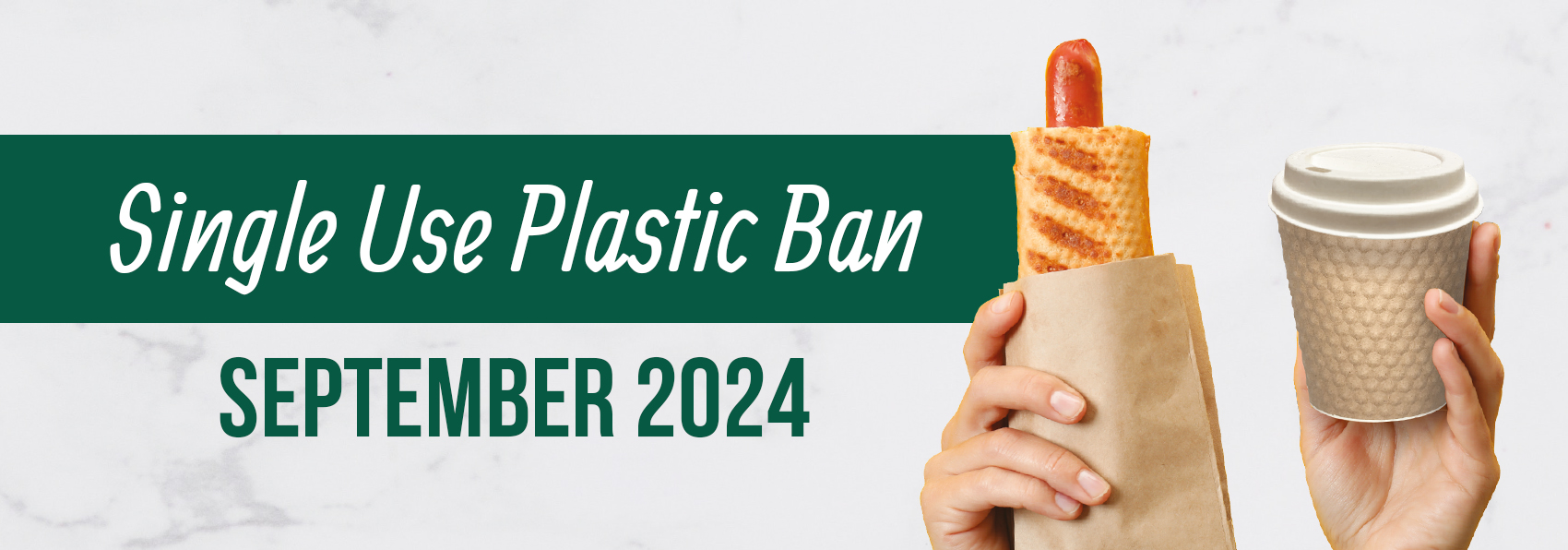
















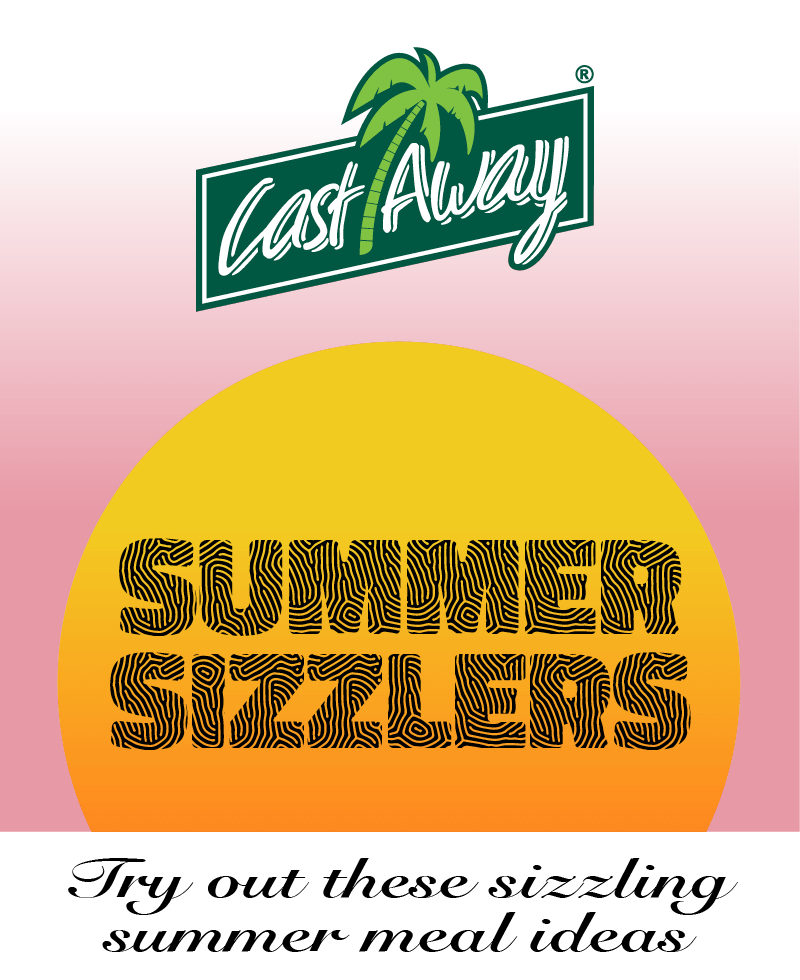









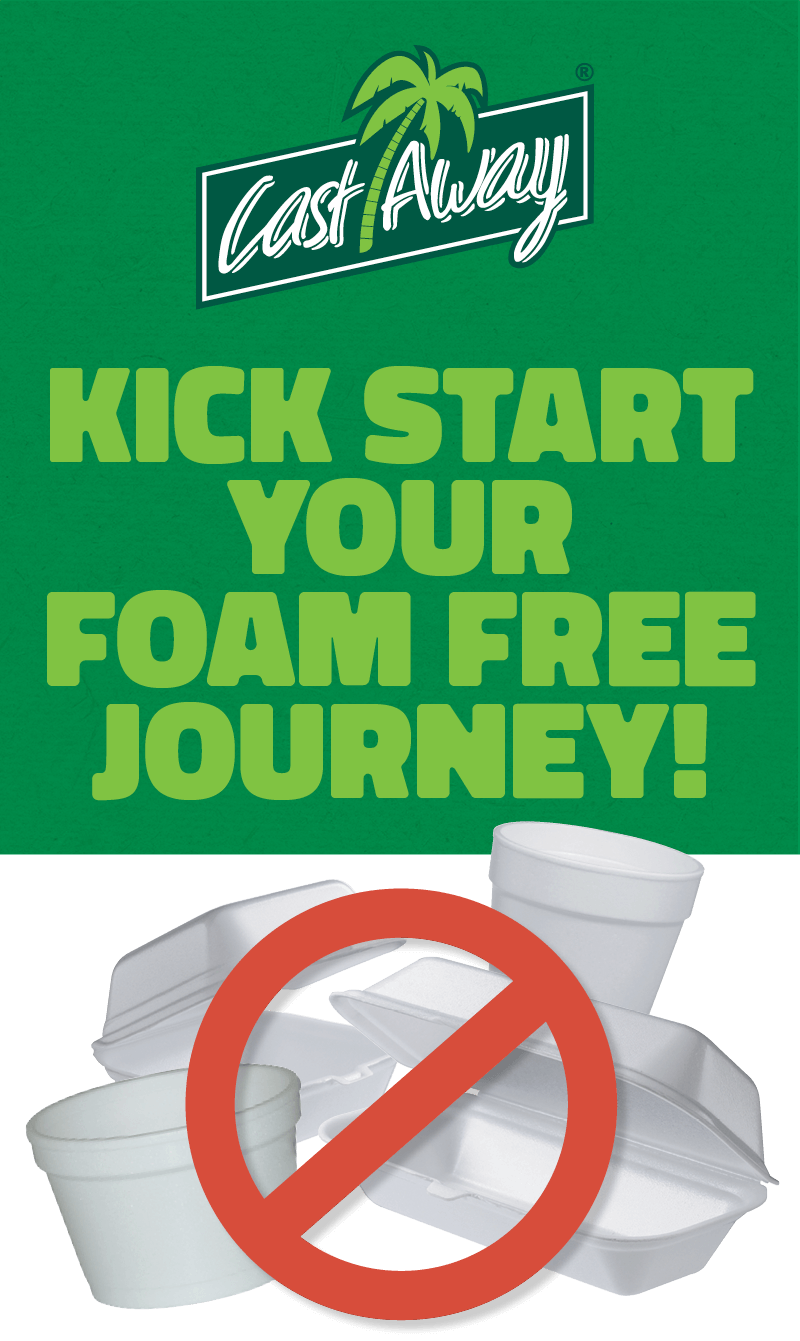
 At the national level, governments have made their expectations clear with the Environment Ministers Meeting listing eight priority plastic items to be phased out nationally by 2025, and the
At the national level, governments have made their expectations clear with the Environment Ministers Meeting listing eight priority plastic items to be phased out nationally by 2025, and the  There’s no single solution to plastic pollution. We need to do a better job at capturing plastic waste, and recycling it back into new high value goods. But we also need to reduce unnecessary plastic use – and that should include banning foam.
There’s no single solution to plastic pollution. We need to do a better job at capturing plastic waste, and recycling it back into new high value goods. But we also need to reduce unnecessary plastic use – and that should include banning foam. Most state governments in Australia have planned to implement a single-use plastic ban. This can get quite confusing at time.
Most state governments in Australia have planned to implement a single-use plastic ban. This can get quite confusing at time.












 Our team is well placed to help you navigate the ever-changing foodservice landscape. For more information, please get in touch with us.
Our team is well placed to help you navigate the ever-changing foodservice landscape. For more information, please get in touch with us.









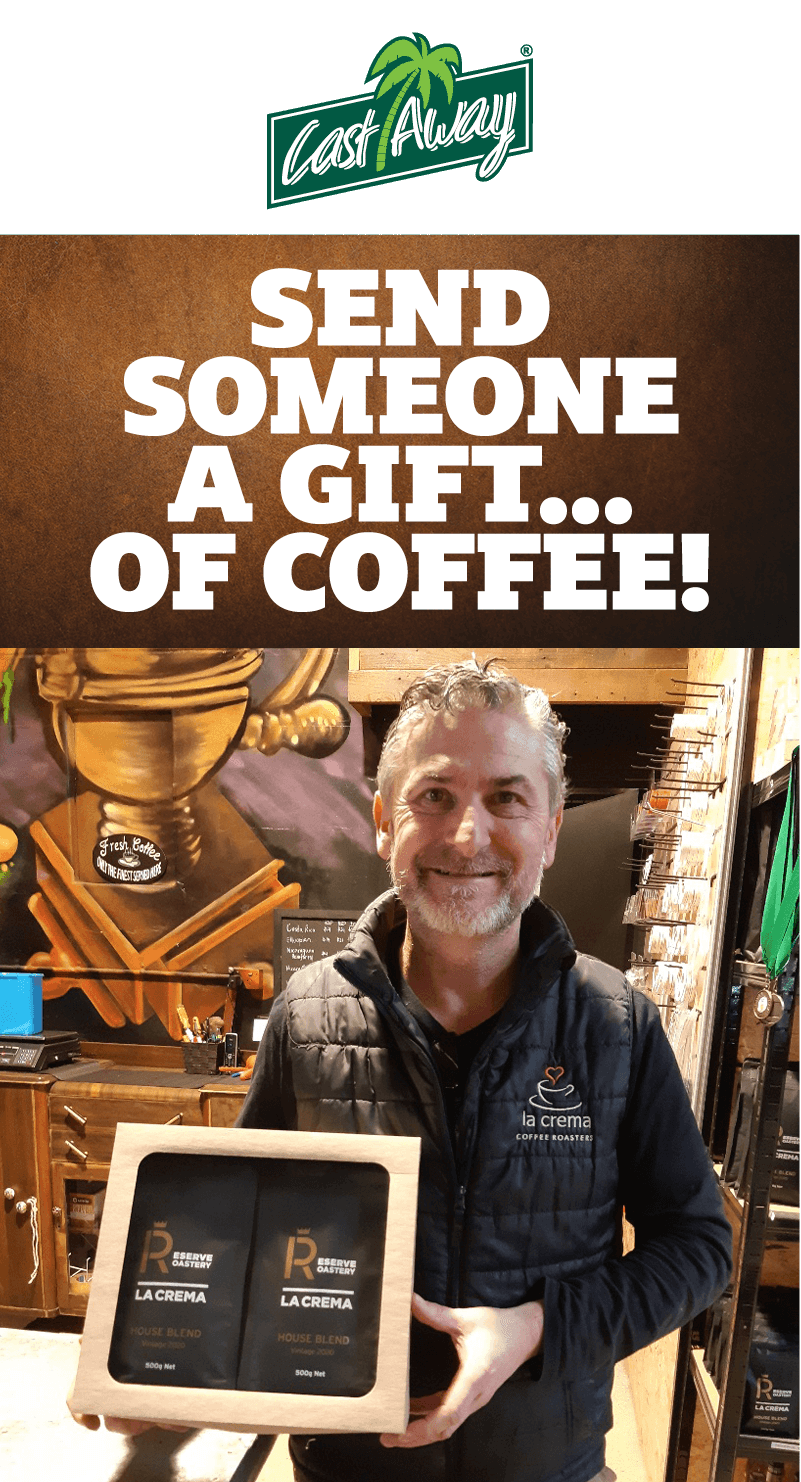
































 An exemption applies to plastic straws that form part of a product, and to cutlery that forms part of a product.
An exemption applies to plastic straws that form part of a product, and to cutlery that forms part of a product.









 South Australia’s was the first state to ban on single-use plastics. Legislation passed in 2020 with a staged ban commencing 1 March 2021, to be completed 1 March 2022. Products included in the ban:
South Australia’s was the first state to ban on single-use plastics. Legislation passed in 2020 with a staged ban commencing 1 March 2021, to be completed 1 March 2022. Products included in the ban: Hobart City Council was the first council to pass legislation to ban single-use plastics at takeaway food retailers in March 2020. The City now has a by-law that bans single-use plastics at takeaway food retailers, which is in place from 1 July 2021.
Hobart City Council was the first council to pass legislation to ban single-use plastics at takeaway food retailers in March 2020. The City now has a by-law that bans single-use plastics at takeaway food retailers, which is in place from 1 July 2021. Queensland passed legislation to ban a selection of single-use plastics on 11 March 2021, to be effective on 1 September 2021. Products included in the ban:
Queensland passed legislation to ban a selection of single-use plastics on 11 March 2021, to be effective on 1 September 2021. Products included in the ban: The NSW Government will gradually eliminate single-use plastics under a new Plastics Plan and Waste Strategy set to be legislated later this year.
The NSW Government will gradually eliminate single-use plastics under a new Plastics Plan and Waste Strategy set to be legislated later this year. Legislation expected to be passed in February 2022 with a single-use plastics ban introduced in 2023. Products proposed for the ban:
Legislation expected to be passed in February 2022 with a single-use plastics ban introduced in 2023. Products proposed for the ban:







